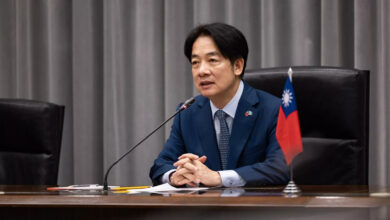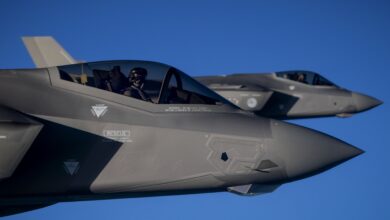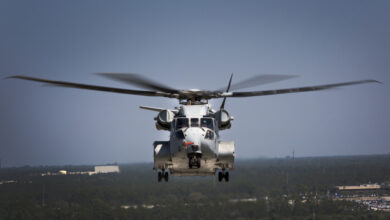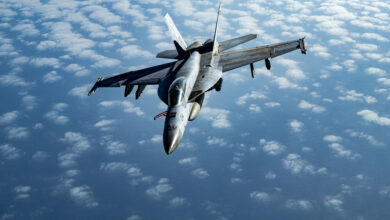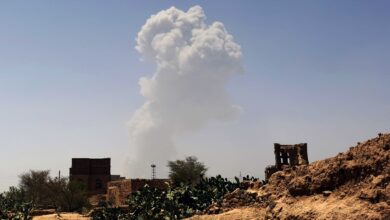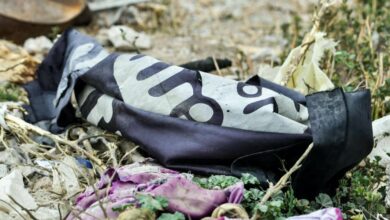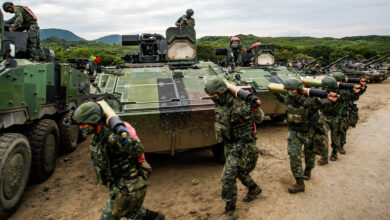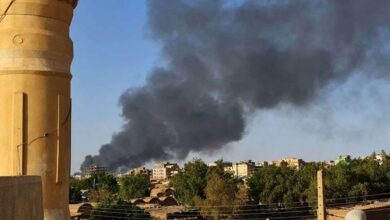US Hindered Taiwan’s Missile Production: Former Taipei Official
A former official from Taiwan’s top military research unit has claimed that the US hindered the island nation’s missile production.
Retired Rear Admiral Kung Chia-Cheng from the National Chung-Shan Institute of Science & Technology (NCSIST) said that Washington prevented Taipei from obtaining some key components for its domestic long-range missiles.
During his time as the NCSIST chief from 2003 to 2007, the unit developed the Hsiung Feng II (HF-2) and Hsiung Feng III (HF-3) anti-ship missiles.
However, he disclosed that obtaining parts for the missiles became too difficult because its major ally rejected the procurement so that Taiwan would buy the whole counterpart missiles from the US.
Rejected Acquisition Attempts
Kung also cited an attempt by Taiwan to procure JP-10 jet fuel from the US government.
However, the process was blocked because Washington allegedly knew that the Southeast Asian nation was getting close to developing its own missiles.
The US later granted the request only after the NCSIST announced that its researchers could produce Taipei’s own JP-10 jet fuel.
Another example occurred when the island nation needed high-precision strategic-grade gyroscopes from the US to build the HF-2 and HF-3 missiles.
Washington did not approve the foreign military sale because if Taiwan failed to make the missiles, “it would be forced to buy US-made Tomahawks and Harpoons.”
The NCSIST then found a Taiwanese who could design fiber-optic gyroscopes, so the country did not move forward with the acquisition.



